Constitution Change within the Philippines: A Deep Dive into the Ongoing Debate
Associated Articles: Constitution Change within the Philippines: A Deep Dive into the Ongoing Debate
Introduction
On this auspicious event, we’re delighted to delve into the intriguing matter associated to Constitution Change within the Philippines: A Deep Dive into the Ongoing Debate. Let’s weave attention-grabbing info and supply contemporary views to the readers.
Desk of Content material
Constitution Change within the Philippines: A Deep Dive into the Ongoing Debate
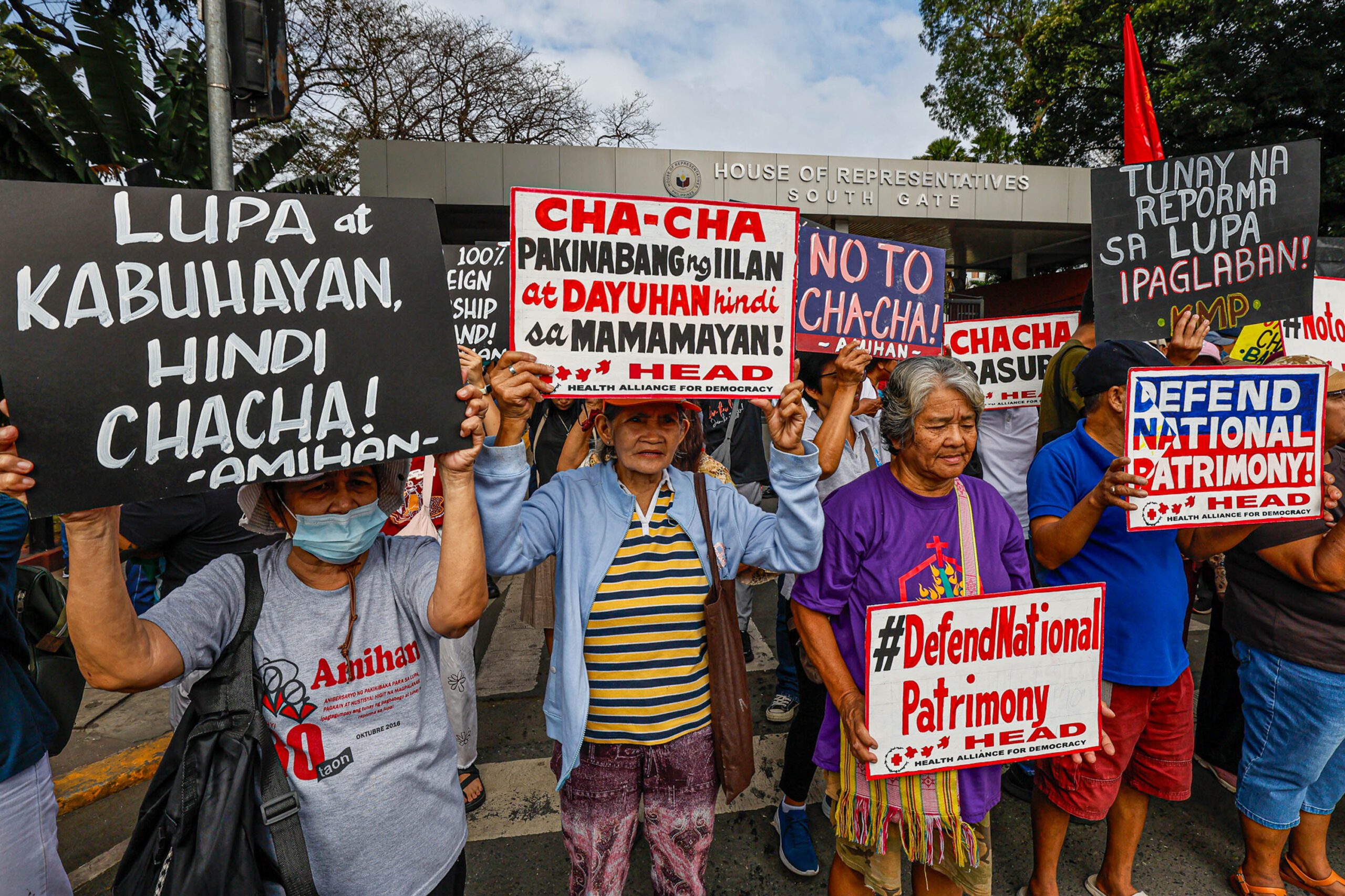
The Philippines, a vibrant democracy in Southeast Asia, is regularly embroiled in a debate surrounding Constitution Change (Cha-cha), the method of amending its 1987 Structure. This ongoing dialogue displays the nation’s advanced political panorama, its evolving socio-economic realities, and the various views of its residents. Understanding Cha-cha requires navigating a labyrinth of political maneuvering, constitutional intricacies, and the potential penalties for the nation’s future.
The 1987 Structure, crafted within the aftermath of the Marcos dictatorship, established a system designed to forestall the recurrence of authoritarian rule. It encompasses a sturdy emphasis on checks and balances, a separation of powers, and protections for human rights. Nevertheless, over three many years later, debates persist concerning its efficacy in addressing up to date challenges. Proponents of Cha-cha argue that the present Structure hinders financial development, limits the federal government’s capability to reply successfully to urgent points, and desires updating to replicate the altering occasions. Opponents, conversely, elevate considerations in regards to the potential for abuse of energy, the erosion of democratic establishments, and the undermining of hard-won freedoms.
Arguments for Constitution Change:
The first arguments in favor of Cha-cha usually revolve round financial improvement and political reform. Proponents typically cite the next:
-
Financial Growth: A good portion of the argument for Cha-cha facilities on the idea that sure provisions of the 1987 Structure stifle financial development. Restrictions on overseas possession in sure industries, limitations on land possession, and the constraints on the federal government’s capability to interact in strategic partnerships are regularly cited as obstacles to attracting overseas funding and fostering financial competitiveness. Amendments to chill out these restrictions, proponents argue, would unlock important financial potential. This typically contains advocating for a shift in the direction of a extra liberalized economic system, probably together with changes to the provisions concerning overseas funding in land and pure sources.
-
Political Reform: Some proponents argue that Cha-cha is important to handle problems with political inefficiency and corruption. They could suggest amendments to the system of governance, corresponding to shifting from a presidential system to a parliamentary system, or introducing reforms to boost the effectivity of presidency establishments. The goal is to streamline bureaucratic processes, enhance accountability, and cut back the affect of vested pursuits. This typically contains discussions on time period limits, the composition of the Senate, and the powers of the President.
-
Addressing Up to date Points: The fast tempo of globalization and technological developments has offered new challenges that the present Structure might not adequately handle. Proponents argue that amending the Structure is important to permit the federal government to successfully reply to those challenges, together with points corresponding to cybersecurity, local weather change, and the digital economic system. This necessitates the updating of authorized frameworks and the institution of recent regulatory mechanisms.
Arguments Towards Constitution Change:
The opposition to Cha-cha is equally sturdy, grounded in considerations in regards to the potential dangers to democratic establishments and the potential for abuse of energy:
-
Danger of Authoritarianism: A significant concern is that Cha-cha might be used as a instrument to pay attention energy within the palms of a single particular person or a small group, probably paving the best way for a return to authoritarian rule. Opponents level to historic precedents and the potential for manipulation of the modification course of to justify their considerations. The worry is that any modifications, even seemingly minor ones, might have unexpected and detrimental penalties for the steadiness of energy.
-
Erosion of Democratic Establishments: The method of amending the Structure itself might be weak to manipulation and political maneuvering. Opponents fear that the shortage of transparency and public participation might result in amendments that don’t replicate the need of the individuals. They emphasize the significance of a radical and inclusive public debate earlier than any modifications are made to the elemental regulation of the land.
-
Unintended Penalties: Critics argue that even well-intentioned amendments might have unintended and destructive penalties. They spotlight the complexity of the Structure and the interconnectedness of its numerous provisions. Altering one facet might inadvertently destabilize different components of the system, resulting in unexpected and probably dangerous outcomes. This concern underscores the necessity for cautious consideration and complete affect assessments earlier than any amendments are applied.
-
Financial Uncertainty: Whereas proponents argue that Cha-cha will enhance the economic system, opponents counter that the uncertainty surrounding the modification course of itself might deter funding and destabilize the economic system. The worry of unpredictable modifications within the authorized and regulatory framework might discourage each home and overseas traders, resulting in a slowdown in financial development.
The Technique of Constitution Change:
The Philippine Structure outlines two main strategies for amending the Structure:
-
Constituent Meeting: This includes Congress sitting as a Constituent Meeting to suggest amendments or revisions to the Structure. This requires a three-fourths vote of all its members.
-
Constitutional Conference: This includes the election of delegates to a Constitutional Conference tasked with proposing amendments or revisions. This technique is usually thought of extra deliberative and inclusive, though additionally it is extra time-consuming and costly.
Each strategies require ratification by a majority vote in a plebiscite. The selection between these strategies typically turns into a degree of competition, with every having its personal benefits and downsides when it comes to political feasibility and public participation.
Conclusion:
The controversy surrounding Constitution Change within the Philippines is a fancy and multifaceted difficulty with important implications for the nation’s future. Whereas proponents argue that amendments are mandatory to handle financial stagnation and political inefficiencies, opponents elevate severe considerations in regards to the potential dangers to democratic establishments and the potential of authoritarian backsliding. The success of any Constitution Change initiative hinges on a clear, inclusive, and well-informed course of that ensures the amendments replicate the real will of the Filipino individuals and safeguard the hard-won positive factors of democracy. The continued debate underscores the significance of steady dialogue, vital evaluation, and a deep understanding of the potential penalties earlier than embarking on such a elementary endeavor. The way forward for the Philippine Structure, and certainly the nation itself, hangs within the steadiness.
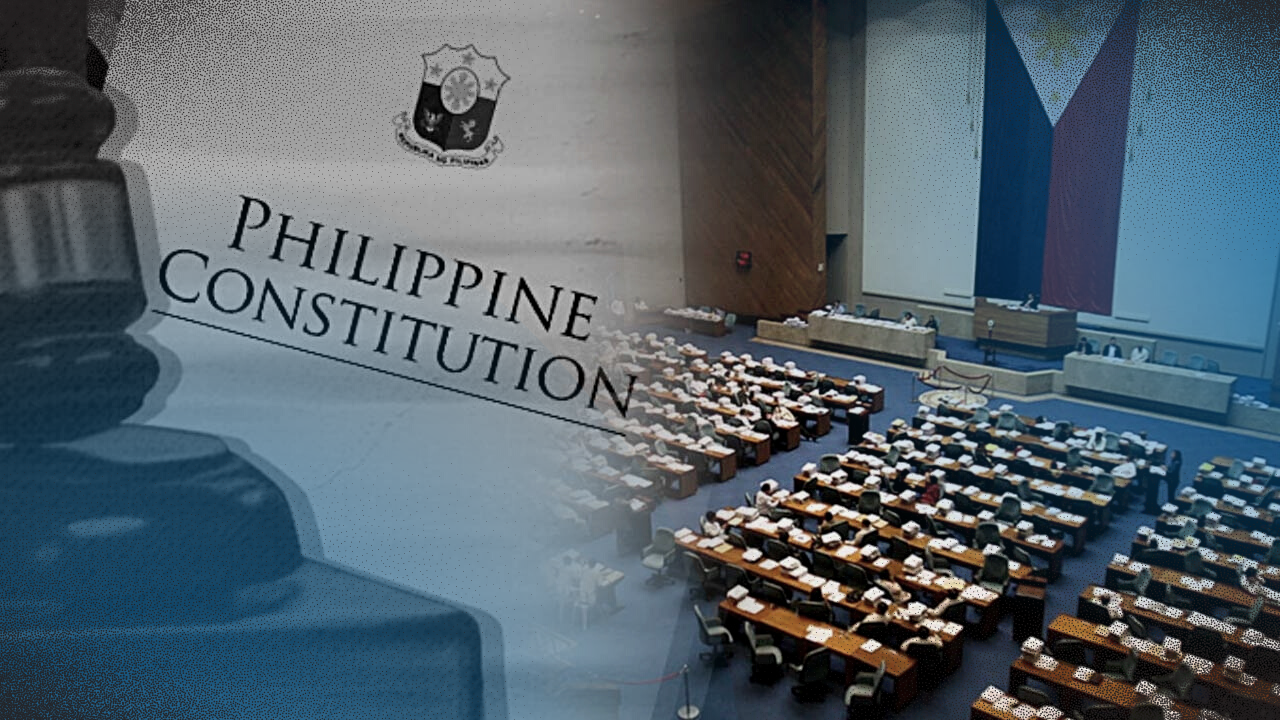


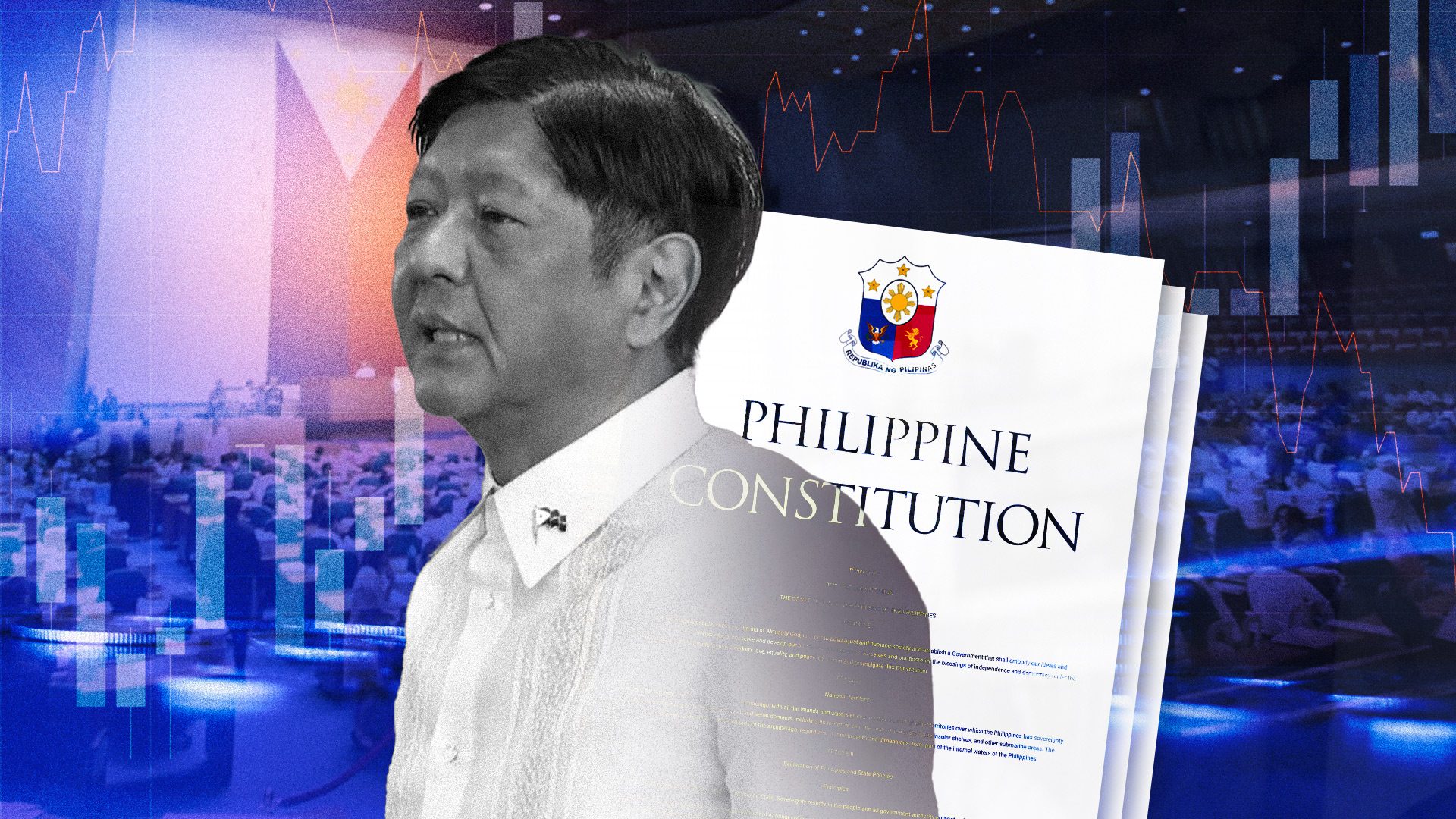
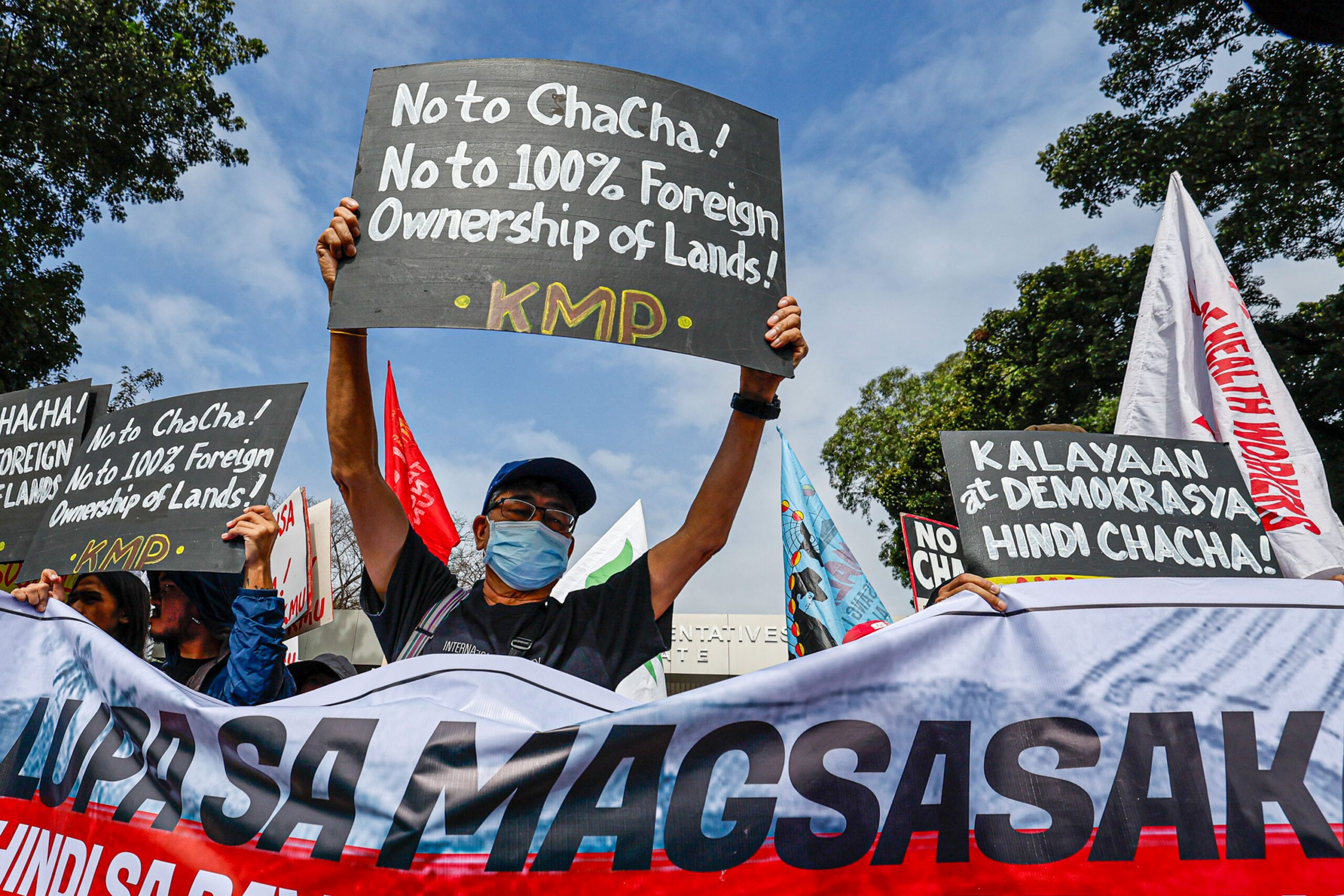
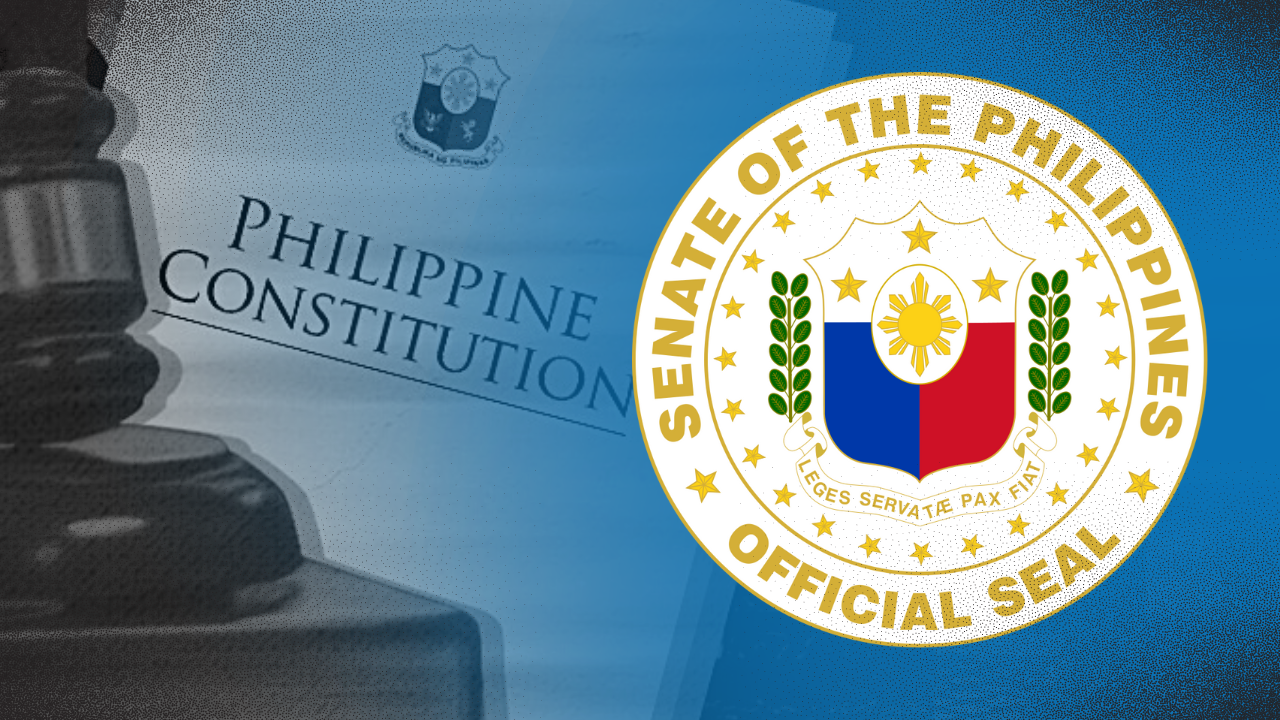
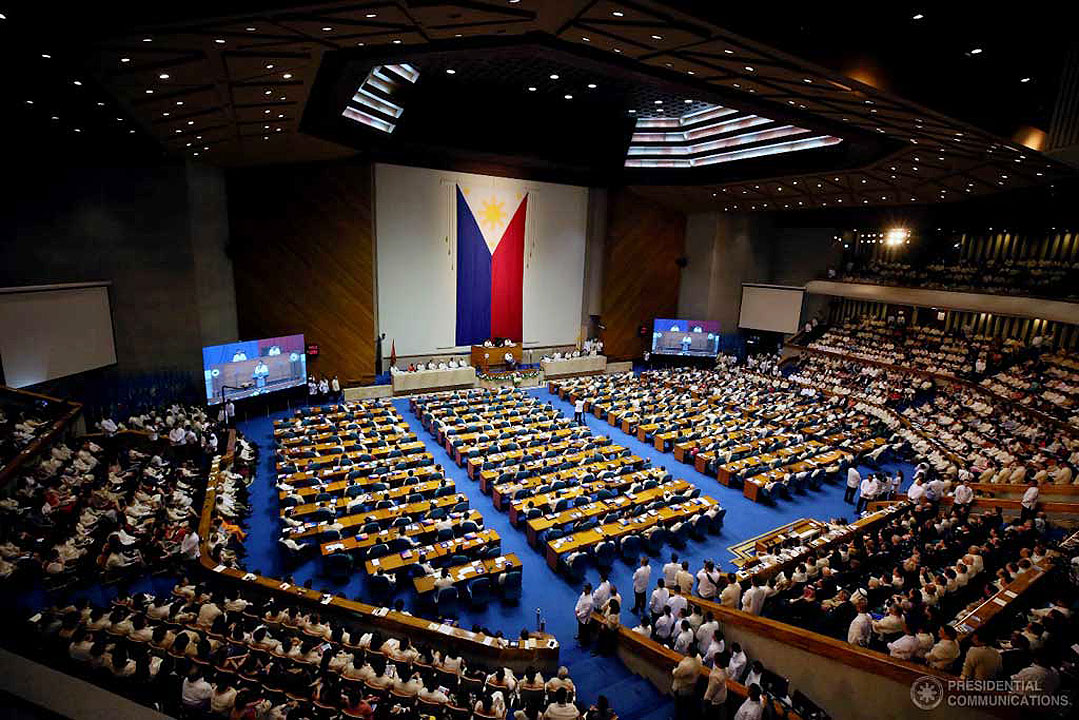
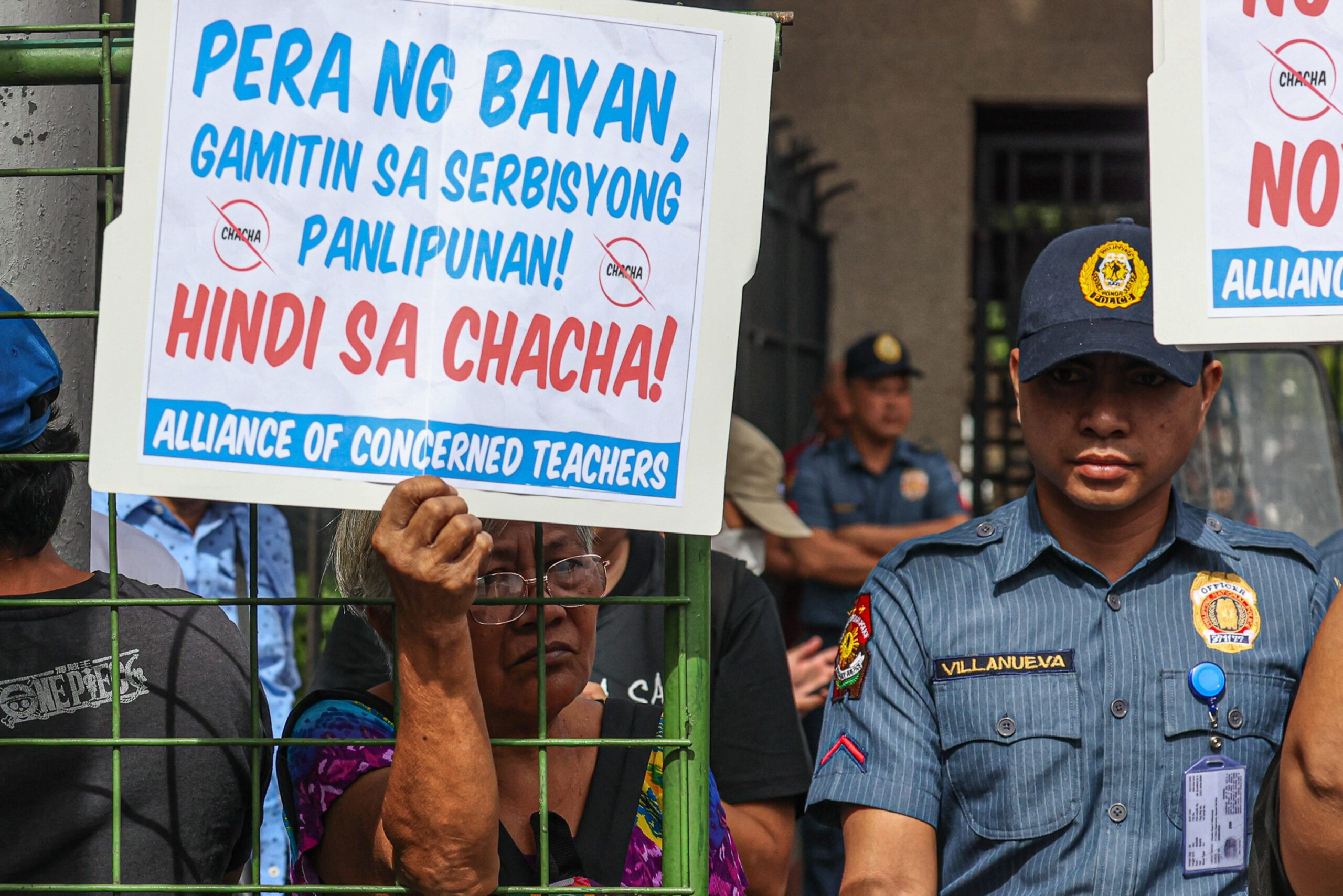
Closure
Thus, we hope this text has supplied worthwhile insights into Constitution Change within the Philippines: A Deep Dive into the Ongoing Debate. We hope you discover this text informative and useful. See you in our subsequent article!